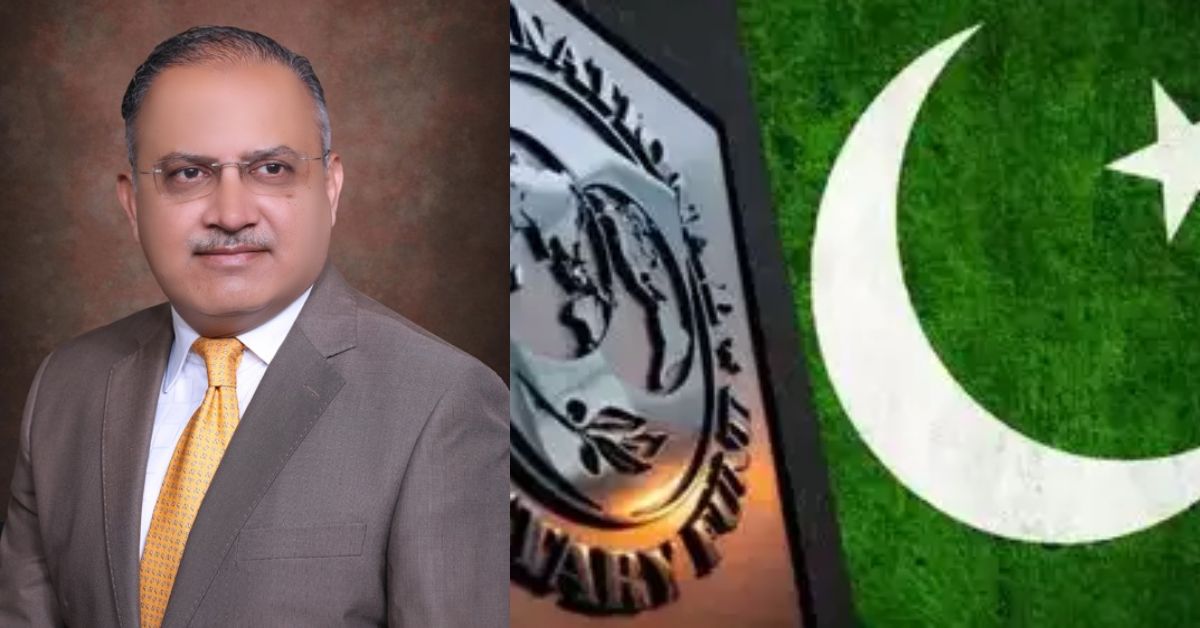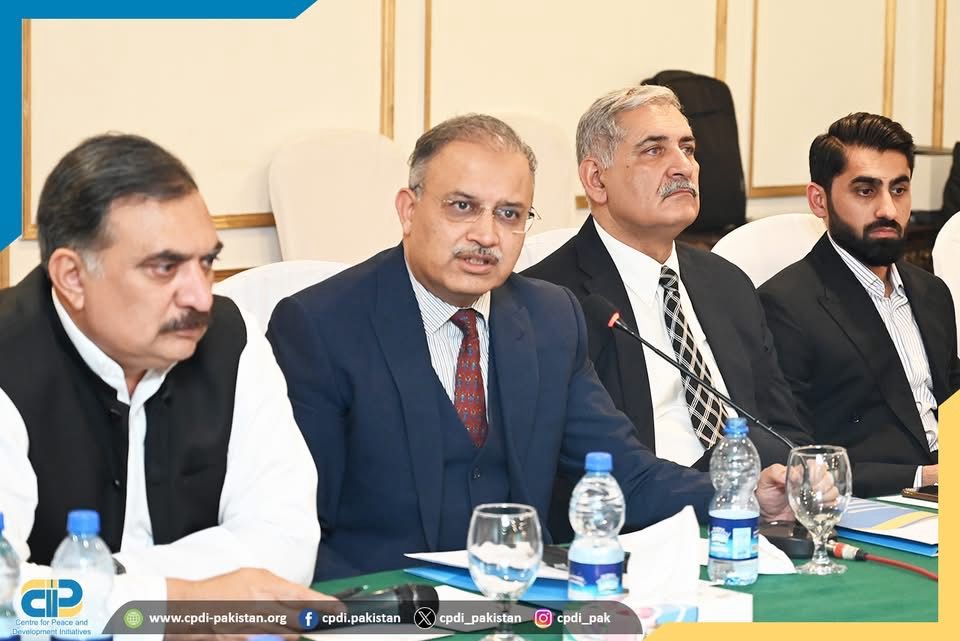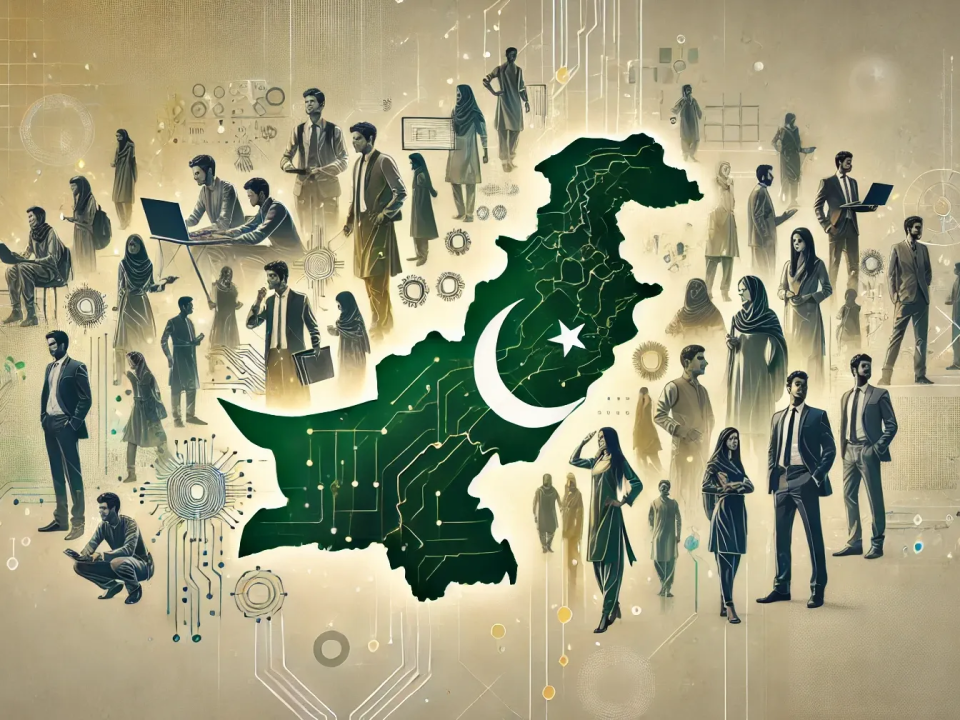
“Looking for hope!”Pakistan has faced challenges of epic proportions since its inception, yet as a nation, we are endowed with a rich culture and history. A thought provoking article by CEO, Mr. Kashif Mateen Ansari’s.
July 30, 2024
Renewable Energy in Pakistan: Challenges, Opportunities, and the Role of Sachal Energy Development Pvt. Ltd
January 20, 2025Our CEO in his recent article talks about Pakistan’s ongoing financial crises that Despite several decades of working with the International Monetary Fund (IMF) and the appearance of moving towards stability, Pakistan keeps falling back into deep financial crises. The country confronts external debt that keeps coming due and fiscal deficits that threaten to spiral out of control despite repeated promises of good behavior. The authority of the IMF is enough to yield some short-term benefits. Yet so many of Pakistan’s obverted problems—like tax evasion and the inefficiencies of public-sector enterprises—are so damaging that the IMF’s programs look more like duct tape than a sound repair plan. And that is because governance—how we work and how we don’t—determines the appearance of these programs and their outcomes.
Now let’s discuss what occurs when Pakistan follows the advice of the IMF without having a plan of its own—like running a marathon without training because someone told you it’s good for your health. The IMF programs are designed to achieve short-term stabilization in the economies of the countries that use them. When applied in Pakistan, however, these programs often do more harm than good—something that really begs the question of why we keep coming back to the IMF for more. Consider the fiscal austerity that the IMF so loves to prescribe. It asks Pakistan to tighten its belt; it promises us (though I have to say, I’m not always sure why we as citizens should believe these pronouncements) that the austerity will achieve “fiscal stability.” What actually happens is that under this “austerity program”? the first to go under the knife are all things that provide some relief to the poor and struggling masses.
The IMF may be effective at prescribing short-term fixes for an economy in trouble, but its long-term growth strategies tend to be hit or miss. Countries in debt to the IMF don’t always prosper after going on an IMF diet. On the other hand, some nations that have gone through the kind of turbulence that necessitates an IMF bailout have nevertheless managed to recover, and in most cases, growth has been the driving force behind their recovery.
Let’s not pull any punches: governance is the linchpin of economic success. You can have all the loans from the International Monetary Fund (IMF) in the world, but if you mismanage your resources, it’s like trying to fill a bucket with a hole in the bottom. Turning Pakistan’s fortunes around virtually demands improvement in this area. What would it take? First of all, we would need to revise and modernize our tax system so that more than just a tiny fraction of the population pays meaningful amounts. Next, we would have to completely reform our public-sector enterprises. And somewhere in this discussion, we have to tackle the problem of corruption. Without accountability and transparency, we aren’t going to get the most out of any loan program.
We cannot ignore the external variables that can create economic chaos in Pakistan. Pakistan has had more than its fair share of geopolitical tensions and natural disasters and such events can pull the rug under our feet any time. Whether it’s conflict in neighbouring countries or catastrophic floods, these events can disrupt even the best-laid economic plans. The International Monetary Fund (IMF) does attempt to account for all these factors in its economic programs for Pakistan, but the country needs to do something truly meaningful to counter the external forces that can come into play. As a net importer of fuel and energy, the obvious countermeasure would be that Pakistan has to diversify its energy sources to mitigate the impact of exorbitant oil and coal prices when Pakistan is dependent on oil coming from a geopolitically stable region.
Accountability is what it really all comes down to on the ground for any IMF program to achieve its intended success. It’s hard to see how any sustainable growth could come from program implementation without some kind of clarity and responsibility as to the way the funds are being used. Can any of us see that our independent auditors and watchdog organizations (civil society) hold any real power? I can’t. Can any of us see that our free press runs any kind of meaningful stories? I can’t. My point: until we make transparency a real thing in Pakistan and not just a buzzword, we will go through this IMF cycle again and again without ever breaking out of it.
Complicated is putting it mildly; Pakistan’s relationship with the IMF has long been fraught, to say the least. These short-term, stopgap programs give us relief but not much else. They don’t cure us of our deeper economic illnesses. What’s required is a fundamental transformation of our economy, one that makes the impossible seem possible: governance we can believe in; political stability; and reforms that address the deep-seated corruption. If there is a punch line, it would be that our reforms must be done in a way that maximizes long-term growth prospects, not just done for the appearance of stability in the short term.





